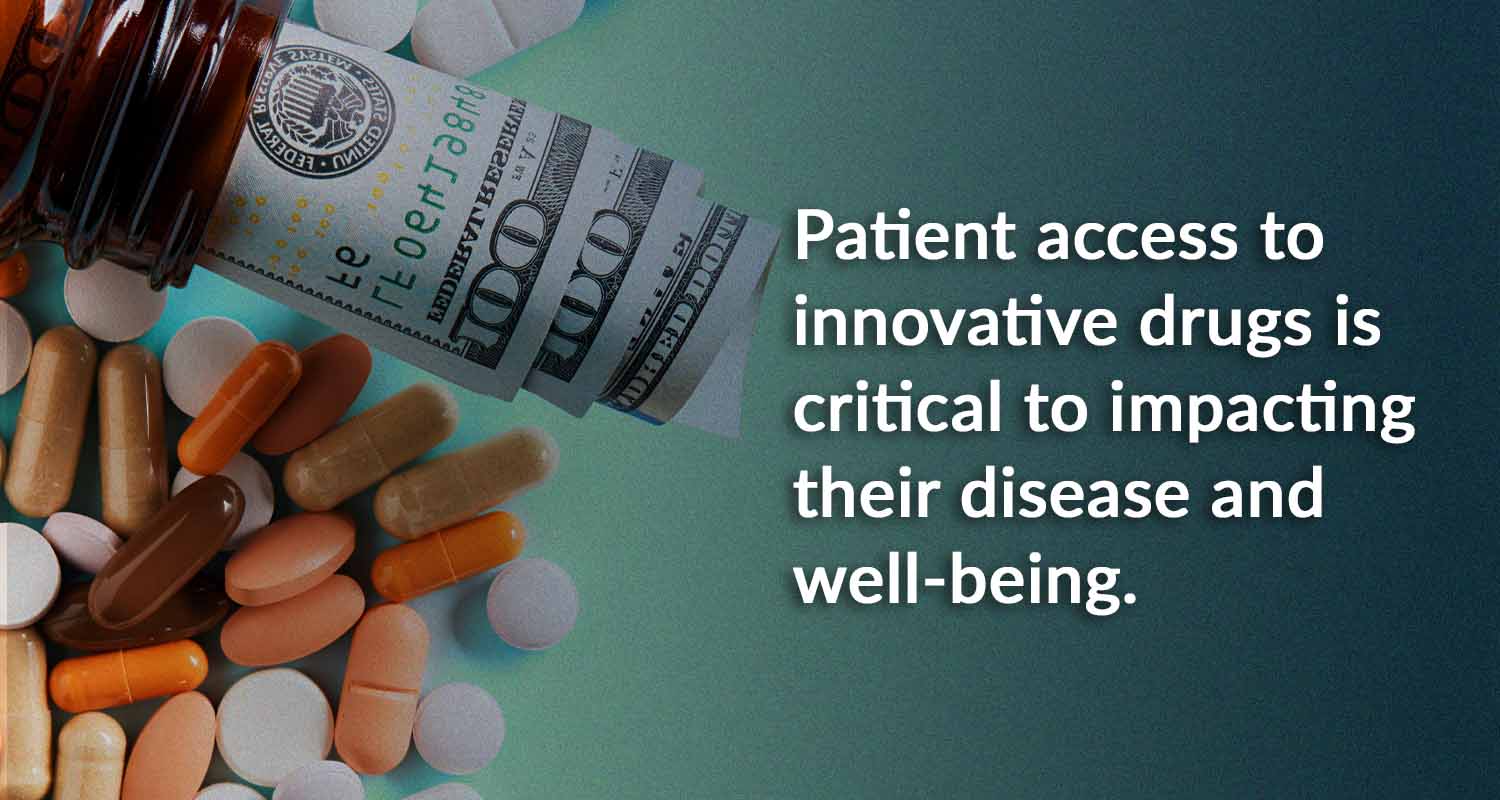The biotechnology industry is a major driver of San Diego’s innovation economy. Major pharmaceutical companies including Eli Lilly, Pfizer, and Takeda maintain a presence in San Diego to foster collaboration with major research institutes, universities, and small life sciences companies.
These unique assets, combined with one of the most talented workforces in the world, make San Diego one of the top three life sciences markets in the world. (Source)
Cardiff Oncology, Inc. San Diego, is a clinical-stage biotechnology company leveraging PLK1 inhibition to develop novel therapies across a range of cancers. They recently announced two poster presentations for the European Society for Medical Oncology (ESMO) Congress 2022, which is taking place both virtually and at the Paris Expo Porte de Versailles in Paris, France from September 9 – 13, 2022.
The abstracts include data from an ongoing Phase 1b/2 trial evaluating onvansertib in combination with FOLFIRI/bevacizumab in second-line KRAS-mutated mCRC. In addition, an Expanded Access Program (EAP) in which patients with KRAS-mutated metastatic colorectal cancer (mCRC) who failed or progressed on standard-of-care, including irinotecan, were treated with onvansertib in combination with FOLFIRI/bevacizumab.
Mark Erlander has assembled an impressive team to bring this therapy to patients.
Adcentrx, San Diego, looks beyond a one-size-fits-all platform approach to developing protein conjugates, such as ADCs. Their goal is to develop first-in-class and best-in-class therapies that broaden the therapeutic window in treating cancer and other life-threatening diseases. We do this by optimizing key components of protein conjugate molecular design to solve specific challenges at hand.
Putting this into practice, they created and continue to build the Adcentrx “Toolbox” to intelligently address the issues that arose in previous generations of conjugates. The components of the Toolbox encompass the targeting moiety, the linker, the payload and the conjugation technology.
Led by Hui Li, CEO and Pia Chatille Eid, Chief Science Officer, they currently have projects in the pipeline for oncology and immunology.
DtX Pharma, San Diego, is using RNA medicines to address countless disease targets, currently undruggable by small molecules or biologics, by inhibiting or altering the expression of disease-causing genes.
Historically, this class of medications, which includes siRNA and antisense oligonucleotides, has been hampered by challenges with drug delivery.
DTx Pharma FALCON™ technology addresses the fundamental challenges associated with delivering RNA therapeutics by leveraging fatty acid receptors for cellular uptake and leveraging fatty acid albumin interactions to promote biodistribution. Our team has created a platform called FALCON™ (Fatty Acid Ligand Conjugated OligoNucleotide) that promotes efficient non-toxic cellular uptake and enhanced systemic bioavailability. They combine the latest in RNA technology with their proprietary IP to create novel therapies that can efficiently reach targets beyond the liver.
Led by CEO Arthur Suckow and CSO Brian Laffitte, Dtx is taking RNA therapeutics to new heights.









